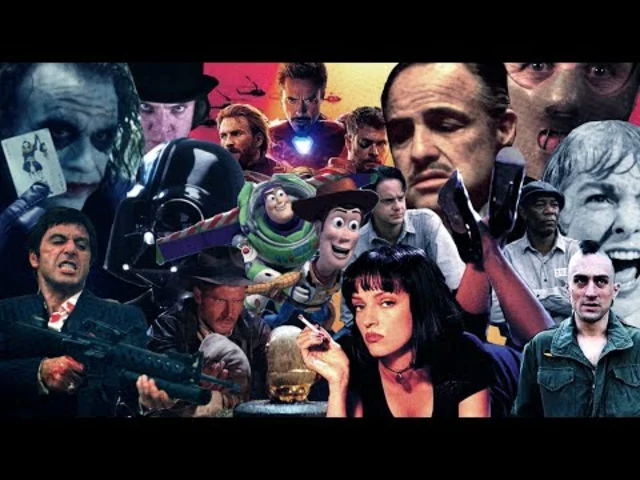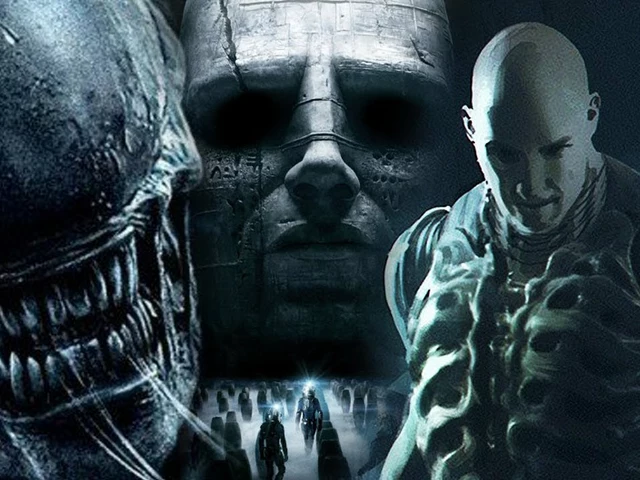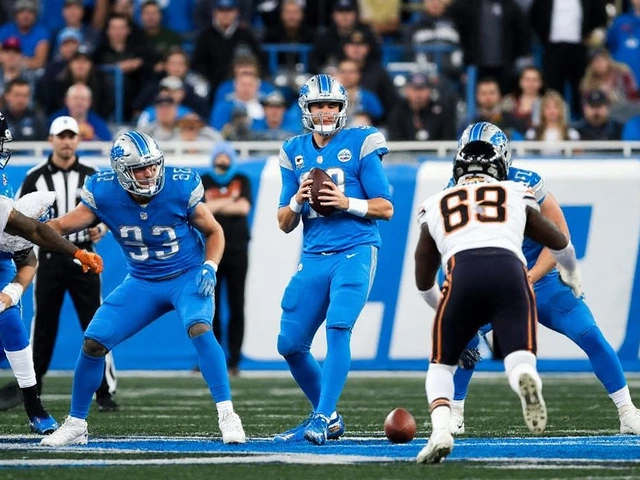The Creep and Carnage: A Scorsese Tale
One of the directors with the most recognizable styles in film industry is the powerhouse of creativity, Martin Scorsese. Known for his gritty narratives, fascinating camerawork, and often unnerving character arcs, Scorsese has carved an enigmatic path in Hollywood. The most intriguing question, however, is why his films often bear an unnerving aura of profanity or violence.
In the simplest sense, Scorsese paints with blood and vulgarity not to quench some odd thirst for the macabre, but rather to illustrate the reality of human existence. His work is not intended to whip up a cheap thrill, but to stir deep contemplation in the viewer about the darkest corners of human condition, the ones we often brush under the carpet. We're about to embark on a journey to explore this question today. So sit tight, folks.
Scorsese's Earliest Influence: The Streets of New York
As a kid growing up in Little Italy, New York, Scorsese was exposed to the rough urban life, which later deeply influenced his work. The streets where he played were also the territories of notorious gangs where violence was an everyday occurrence. This unfiltered world, so imperceptible to the unaccustomed eye, offered him the reflections of every human vice and virtue that he wished to capture as a filmmaker.
Interestingly, if you observe closely, Scorsese's films seem more of an excavation of his childhood experiences. Like an artist, with his viewfinder instead of a brush, Scorsese replicates the vivid emotions and tensions he personally witnessed in those tumultuous years onto the silver screen. The rawness and the profanity, taken from his lived experience, add a sense of credibility to his narratives that is unmatched in Hollywood cinema.
The Charm in the Chaos: Depicting Reality in its Truest Form
Okay, here's the deal. Scorsese’s cinema is not for those seeking romantic escapism. He isn't about sugarcoating the hard truths of life but putting them straight into your face. Be it the self-destructive boxer Jake LaMotta in "Raging Bull" or the manic and drug-fueled stockbroker Jordan Belfort in "The Wolf of Wall Street", Scorsese’s characters are real, flawed, and grotesque, riding the roller coaster of their desires and regrets. This depiction of messy reality gives his films an edge of veracity. These are not masquerade balls, but a bare-knuckle fight between man and his inner demons.
The violence and profanity in Scorsese’s films are never put in just for show. They’re expressions of power dynamics, manifestations of ego clashes and results of unchecked ambitions. The blood and gore, the foul language, they're all there to convey a message — this is the world as it is, and there's no pretense here.
A Study in Power Dynamics
Another fundamental aspect illuminated by Scorsese's films is the unapologetic display of power struggles. If you observe, his narratives often center around those who wield power or aspire to it. From "Goodfellas" to "The Irishman", power dynamics underlie every story, every character, and every conflict.
The interactions of these power-driven characters inevitably lead to violence and profanity, as these become tools to assert dominance. It's like watching a hustler rise through the ranks using a curious cocktail of ambition, ruthlessness, and desperation. It's never pretty but always gripping. Scorsese's drama isn't stage-managed; it’s real, raw, and brutal.
Shakespearean Tragedy in the Modern-World: The Greek Chorus of Scorsese's Filmography
Shakespearean tragedy in Scorsese's films is not a hyperbole, folks. The intensity of tragedy in his films is so magnificent it's like a Greek chorus crying out on the state of fallen man. We see this in "Taxi Driver", where Robert De Niro's character Travis Bickle is damaged, unstable, and eventually becomes a vigilante as he cannot reconcile with the crime and decadence around him.
Just as Shakespeare's characters are often led to their downfall due to their flaws, Scorsese's characters share the same fate due to their unchecked ambition and unquenchable thirst for power or respect. The violence and calamity in his expositions are just as heart-wrenching as those Greek and Shakespearean tragedies. And that, ladies and gentlemen, is the power of a true auteur.
The Therapy of Violence: Unheard Voices
Don’t get me wrong, folks, I'm not suggesting that violence is a form of therapy. But, in Scorsese's filmography, the portrayal of violence often gives a voice to his characters who have otherwise been muted by the social hierarchies. Violence, then, becomes a form of expression, a desperate cry for attention, perhaps even a manifestation of one’s own inner chaos.
Scorsese's uncensored depiction of violence makes for an uncomfortable, albeit compelling viewing experience. His intent is not to glorify violence, but to use it as a narrative tool that highlights societal issues. This skillful articulation of violence is what makes Scorsese's films a masterstroke of cinematic art.
Unraveling the Unconscious Mind: Unsettling Dialogues and Actions
Profanity is not just a way to add shock value in Scorsese's films. His characters express themselves with brute honesty, revealing their deepest insecurities, ambitions, and flaws. The harsh dialogues enable the viewer to witness the inner turmoil of these characters, which often seems more violent than the physical violence on screen.
Scorsese's films thus become a psychological journey into the mind of his characters, where their truth is exposed through unsettling dialogues and actions. The profanity pushes us to confront our own fears, our own insecurities, and ultimately, our own humanity.
Through the Looking Glass: My Personal Encounter
We all have those defining moments in life that alter our perceptions. For me, that happened when I watched my first Scorsese film, "Shutter Island". I was 16 and found myself shook by the surreal blend of mystery, suspense, and terror. Not to mention the brilliantly constructed narrative that kept me on the edge of my seat. Scorsese had me hooked, and I've been an unflinching disciple ever since.
Scorsese's brush with profanity and violence isn't a mere spectacle but a way to unearth a deeper understanding of human nature and society. It's an experience that has shaped my outlook and understanding of cinema. Although it may seem like violence rules his art, the message beneath the noise is one of resilience, redemption, and a candid reflection on society.





